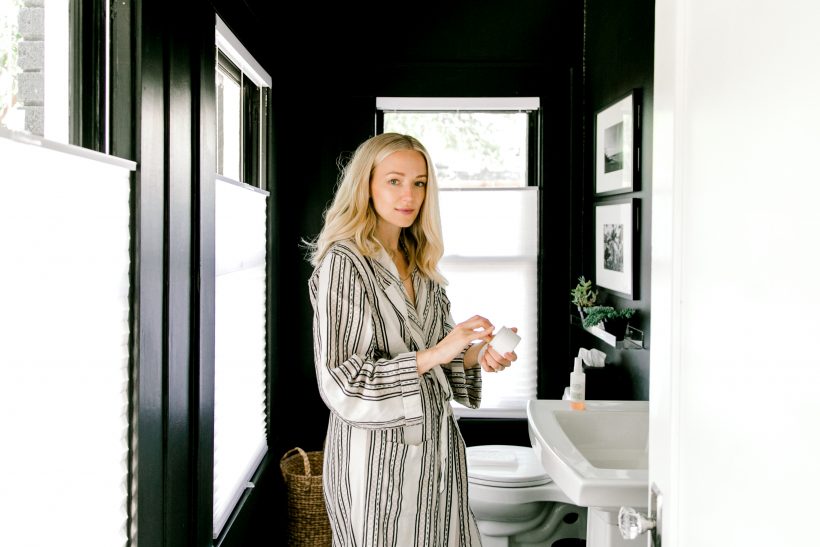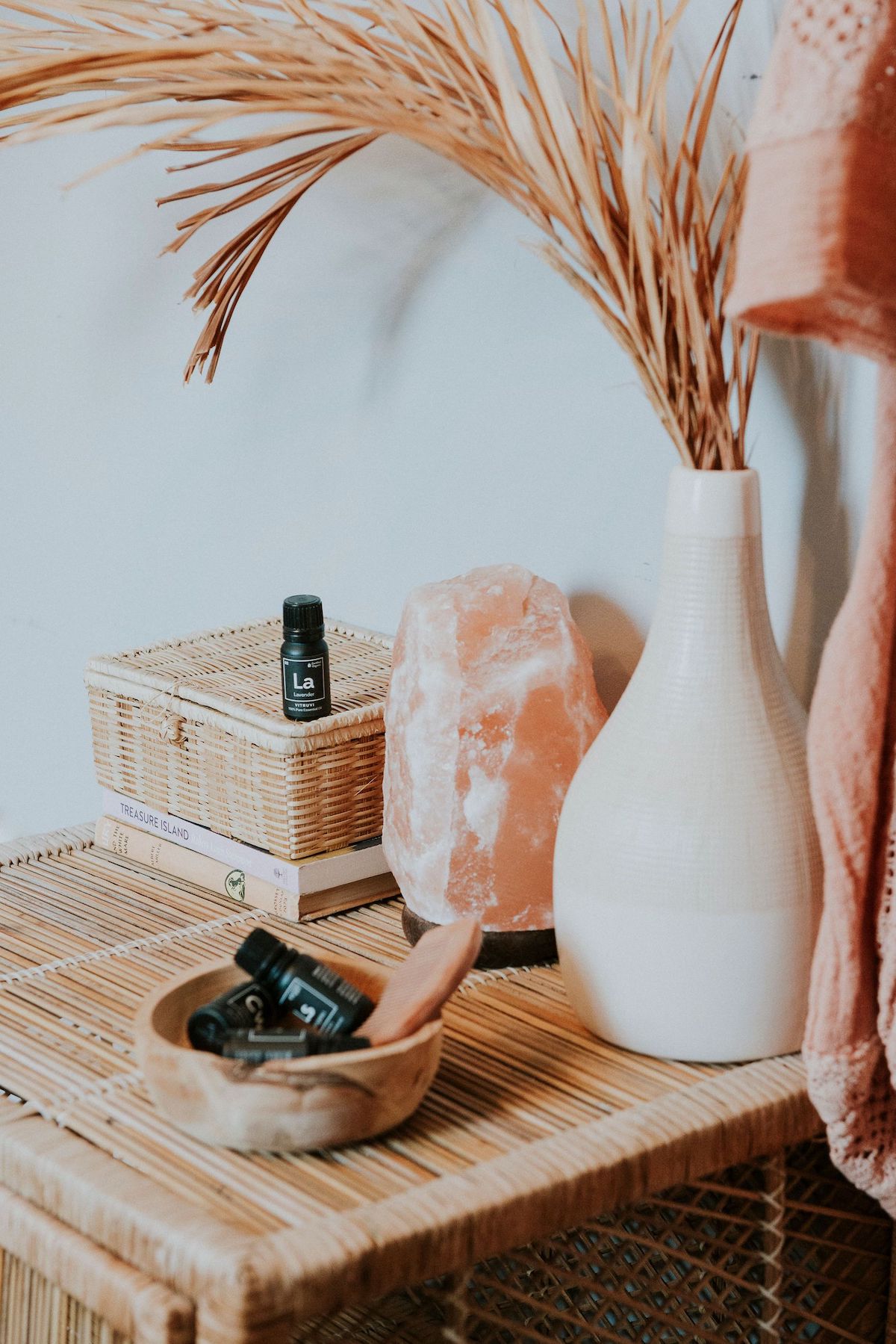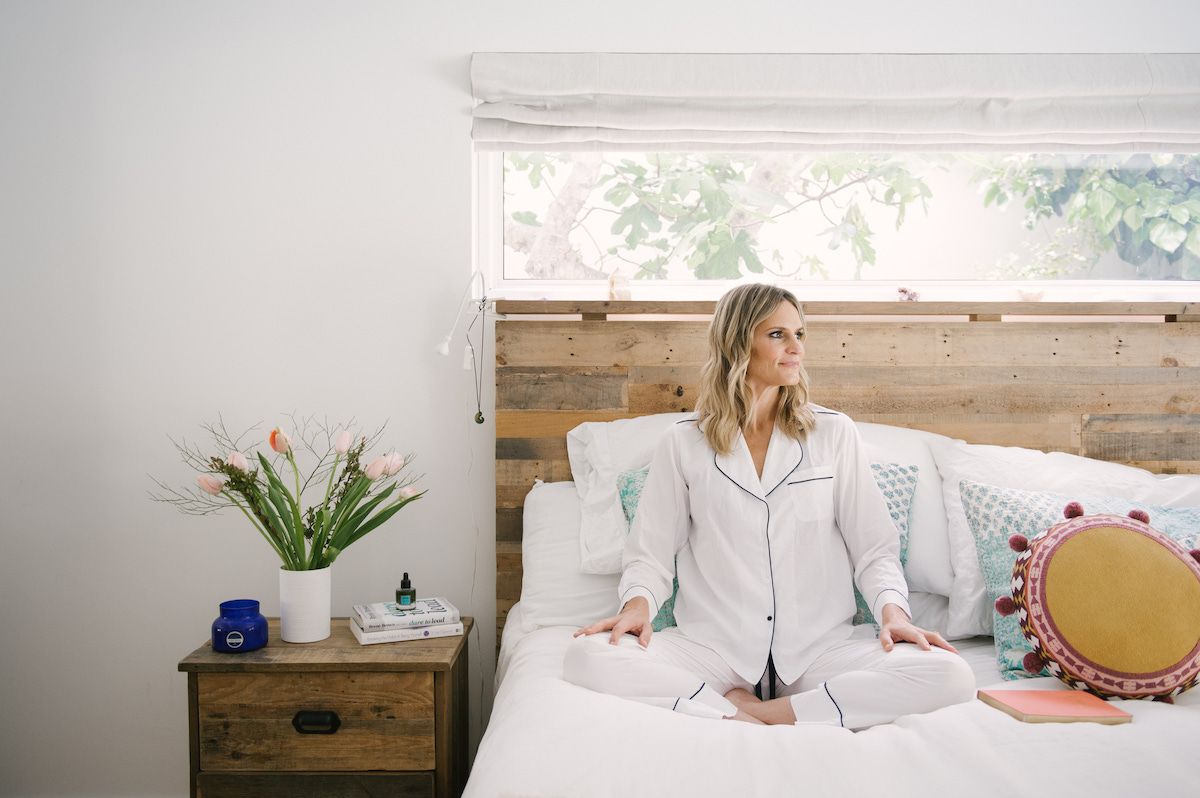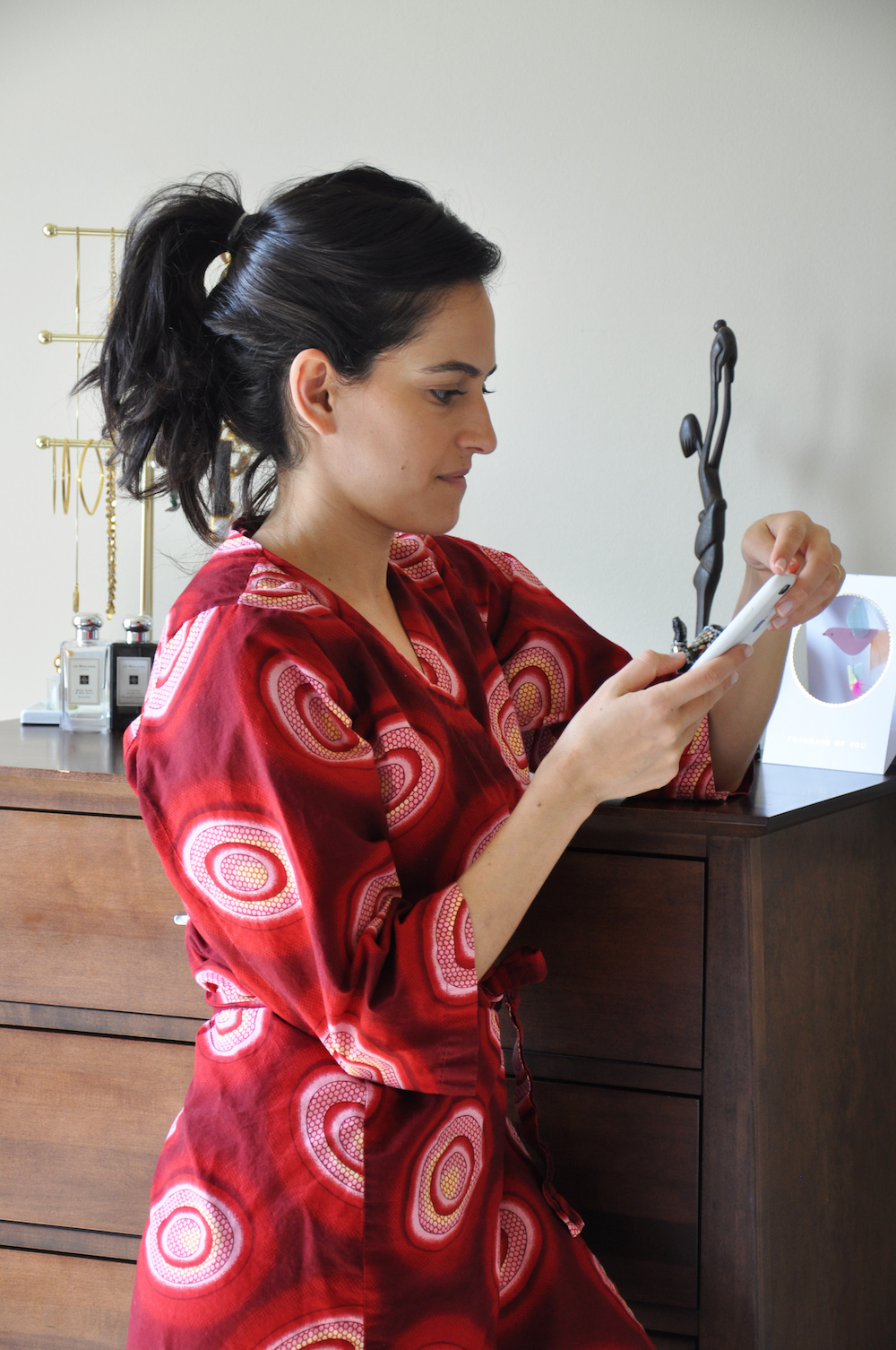In the world of women’s health, I commonly suggest my clients try acupuncture as treatment for a variety of female reproductive disorders. Choosing to integrate Eastern medicine into your healthcare is a wonderful complement Western medicine — or even as primary treatment to some disorders. Our current medical system in America is heavily focused on a Western approach to illness and disease.
Traditionally, Western medicine treats a person’s overall health as separate from a disease that afflicts them, usually treating one body system at a time. In Eastern medicine, practitioners choose to treat the entire body as a whole when disease is present. The theory is that the entire body is a system that is balanced when healthy, and imbalanced when disease is present.
Integrating the theories of Eastern and Western medicine is a powerful way to navigate a more holistic approach to treating any disease or disorder.
Here are a few reasons one might be interested in bringing acupuncture into women’s health concerns – and a few basics about what to expect.
 image by Emily Faulstitch for popsugar
image by Emily Faulstitch for popsugar
Acupuncture can be used to treat a variety of women’s health disorders, namely:
- Polycystic Ovary Syndrome
- Menstrual (Period) Irregularities
- Assistance in regularly ovulating
- Menstrual (Period) Pain
- PMS (Premenstrual Syndrome)
- Infertility
- Used concurrently with IVF (in vitro fertilization) to assist in implantation
Does it actually work?
In Chinese medicine, there is a belief that disease is caused by disruptions to the flow of energy or “qi” in the body. Acupuncture is thought to stimulate different points in the body releasing “qi” and allowing it to travel through channels called meridians. When energy is flowing through the meridians freely – disease is less likely to exist. For many years, Western medicine and scientists have been trying to understand from their perspective how acupuncture works on the human body.
While there are a few different theories – the most popular Western understanding of acupuncture treatment is that it works by eliciting biochemical responses from the body while stimulating different nerves. These nervous system responses create decreased pain, stimulate the pituitary gland to change hormone production, or stimulate different parts of the body to decrease immune or inflammatory responses that are common in disease.
Specific to women’s health, acupuncture is believed to:
- Balance hormones
- Increase blood flow to the reproductive organs
- Decrease stress
- Increase one’s likelihood of ovulating regularly
These are all factors commonly present in many women’s health issues.

Western medicine advocates often challenge the effectiveness of acupuncture with the fact that there are no large high quality research studies “proving” the benefits. I think it’s important to remember that medical research is a largely westernized approach to proving medicine “effective.” I challenge you to think about the idea that although research hasn’t been done – that doesn’t mean Chinese medicine isn’t supportive, effective or helpful as a treatment.
Acupuncture is one of the oldest medical procedures in the world, dating back over 2,000 years and has been used widely in Asia and in Chinese Medicine for just as long.
That’s quite a bit more history than the recent advent of many western approaches (just sayin’).
Yikes, but what about all those needles?
Speaking from personal experience, acupuncture doesn’t hurt! Each person’s experience will be different (that’s life in general though… am I right??), however most don’t describe acupuncture as painful. Once a needle reaches the intended depth the most common sensation a patient feels is a tingle or small and removed dull ache. Needle-phobia is for sure a real thing and may certainly steer a queasy individual or two away from the experience as a whole, but if you’re not completely terrified of needles – know it’s not even close to as scary as it sounds.
The needles used in acupuncture are extremely fine and many people don’t feel them “going in” during their treatments.
The sensations may be described as odd or slightly uncomfortable for some during particular areas of treatment however – many are surprised to learn it is not a treatment meant to induce pain or discomfort. If you’re considering trying acupuncture I encourage curiosity to get the best of you!
Things to consider before you try:
Acupuncture isn’t a one time experience. Like most gentle forms of complementary medicine you should go over a period of weeks or months to complete a treatment regimen, your provider will help you decide what makes sense for you. The treatments often build on one another and may also be accompanied by a recommendation to concurrently take Chinese herbs.
Consider starting treatment at a time in your life where committing to weekly or bi-weekly appointments feels like something do-able and go for the whole treatment!
A single session isn’t how acupuncture is typically designed to work and you certainly won’t reap the benefits of this treatment in just one session.
Consider the cost
Acupuncture is unfortunately not affordable for all and insurance doesn’t typically cover these treatments. I do recommend calling your insurance company and double checking regarding coverage, if acupuncture is not covered -request your insurance consider adding alternative and complementary medicine treatments in the future. Additionally, there are many community acupuncture clinics who offer a sliding scale for payment or will provide payment plans on request.
Please be sure you use a qualified acupuncturist to decrease any risks or poor outcomes. Overall acupuncture is extremely safe and well tolerated by most individuals and any serious risks are few. The main risks include:
- Bleeding or bruising at needle sites
- Infection from using needles that are not sterilized
- Excessive bleeding if a client is taking blood thinners or has a clotting disorder (not recommended)
- A punctured lung or nerve injury if a needle is inserted in too far (this is rare (!!) and typically occurs when acupuncture is practiced by an unqualified practitioner).
As always – do your research for any and all providers you use and make sure you’re using someone legitimate that you feel comfortable with.
Happy needling my friends – May your Qi flow freely.









